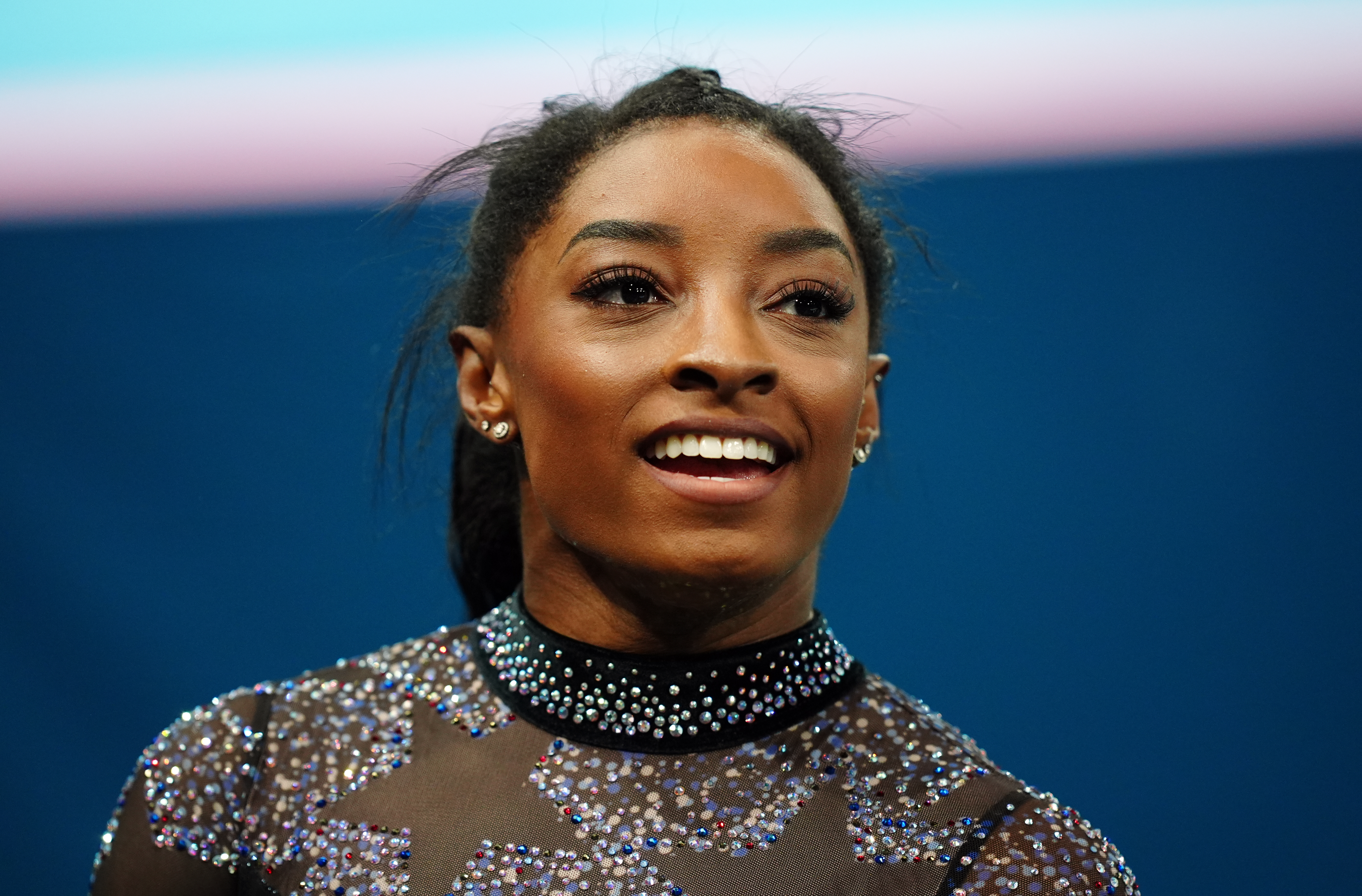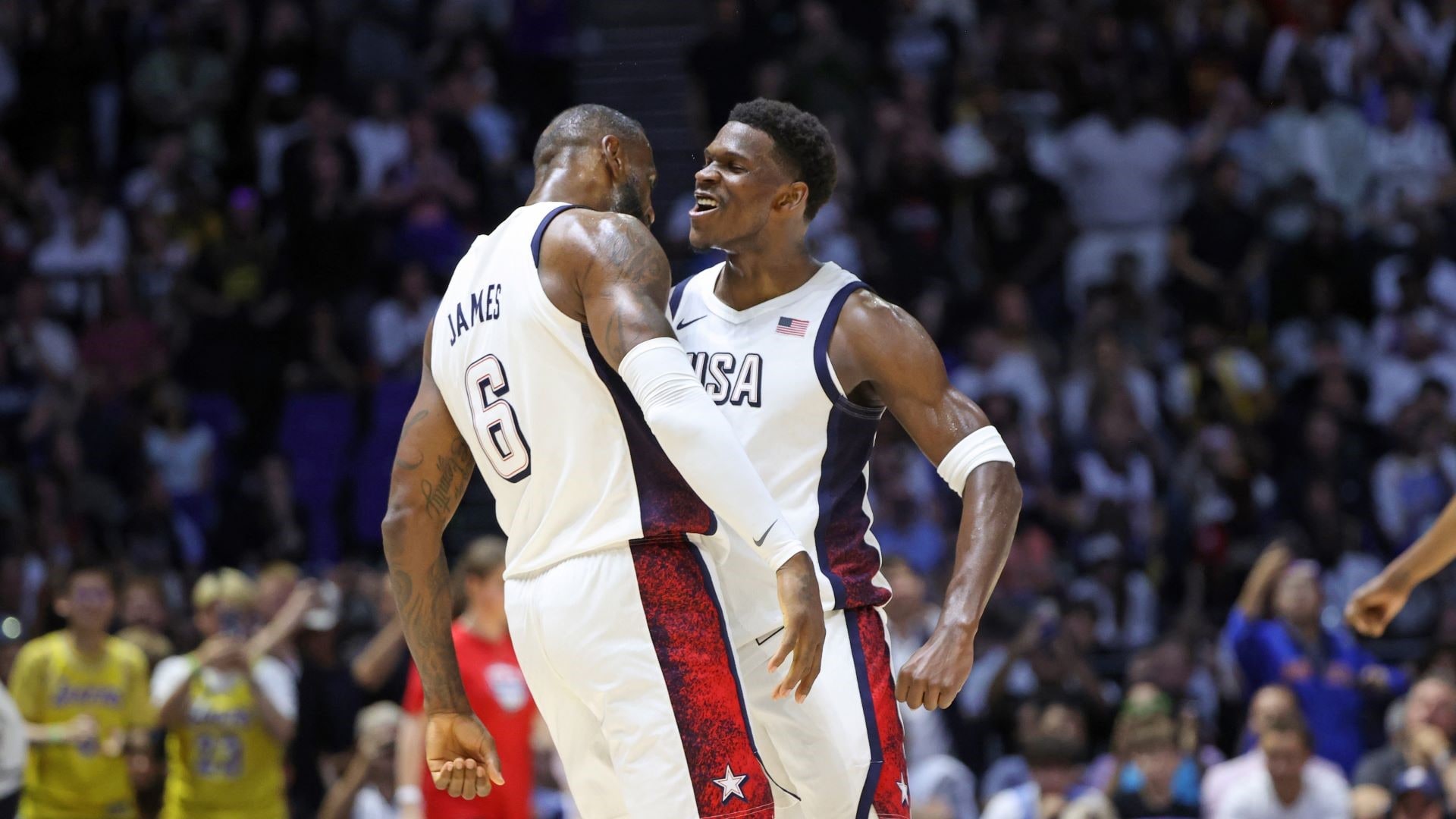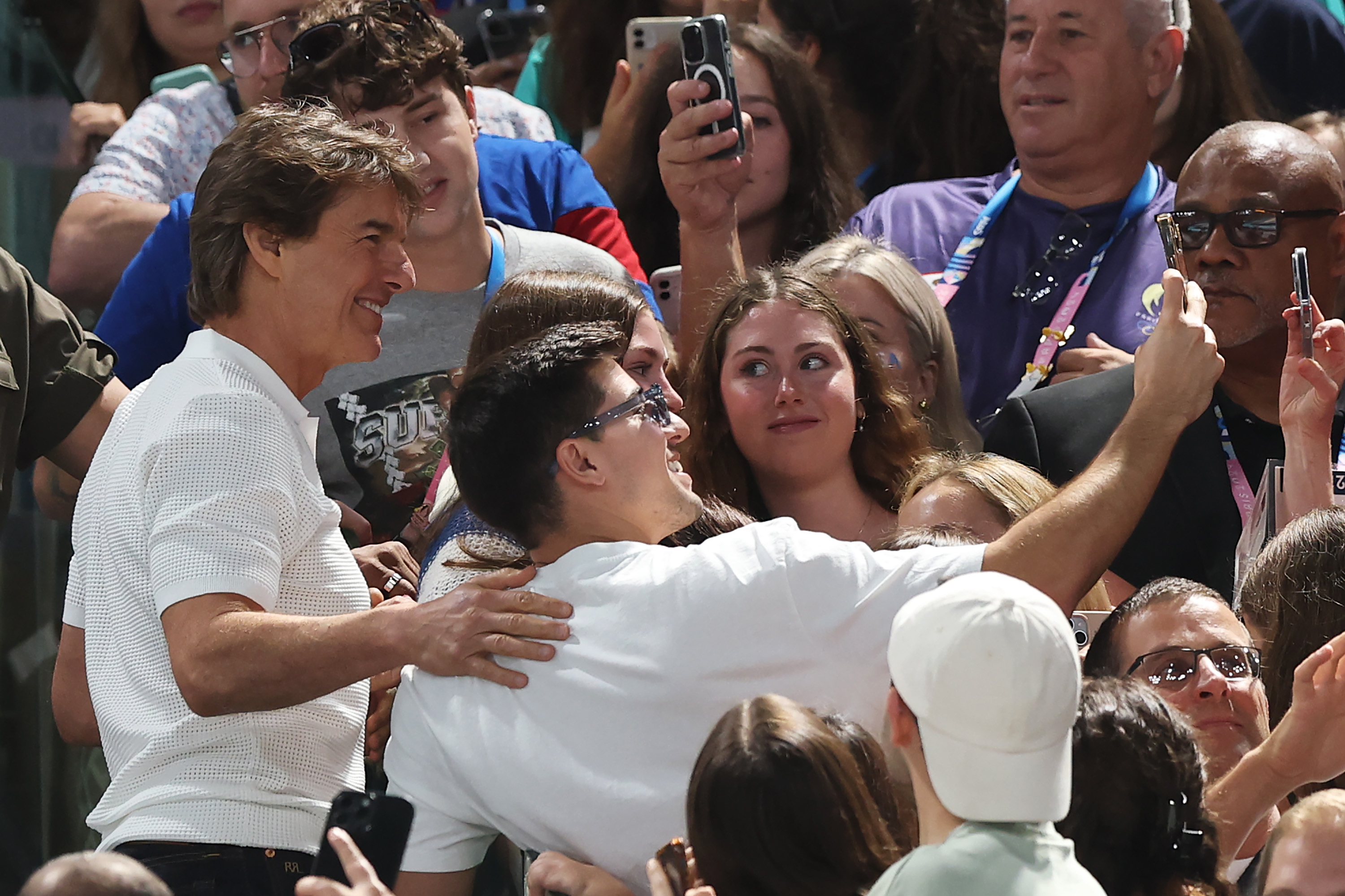
Paris Olympics organizers apologized Sunday to anyone who was offended by a tableau that evoked Leonardo da Vinci’s “The Last Supper” during the glamorous opening ceremony.
Paris Olympics organizers apologized Sunday to anyone who was offended by a tableau that evoked Leonardo da Vinci’s “The Last Supper” during the glamorous opening ceremony.
Da Vinci's painting depicts the moment when Jesus Christ declared that an apostle would betray him. The scene during Friday's ceremony featured DJ and producer Barbara Butch — an LGBTQ+ icon — flanked by drag artists and dancers.
Religious conservatives from around the world decried the segment, with the French Catholic Church’s conference of bishops deploring “scenes of derision” that they said made a mockery of Christianity — a sentiment echoed by Russian Foreign Ministry spokesperson Maria Zakharova. The Anglican Communion in Egypt expressed its “deep regret” Sunday, saying the ceremony could cause the IOC to “lose its distinctive sporting identity and its humanitarian message.”
Watch NBC 4 free wherever you are
Paris Olympics 2024
The ceremony’s artistic director Thomas Jolly had said it was meant to celebrate diversity and pay tribute to feasting and French gastronomy. Paris 2024 spokesperson Anne Descamps was asked about the outcry during an International Olympic Committee news conference on Sunday.
Get Tri-state area news delivered to your inbox with NBC New York's News Headlines newsletter.
“Clearly there was never an intention to show disrespect to any religious group. On the contrary, I think (with) Thomas Jolly, we really did try to celebrate community tolerance,” Descamps said. “Looking at the result of the polls that we shared, we believe that this ambition was achieved. If people have taken any offense we are, of course, really, really sorry.”
Jolly explained his intentions to The Associated Press after the ceremony.
“My wish isn’t to be subversive, nor to mock or to shock,” Jolly said. “Most of all, I wanted to send a message of love, a message of inclusion and not at all to divide.”
Le Filip, the recent winner of “Drag Race France,” responded to the criticism of the scene with a touch of humor and sorrow.
“It feels like the words of somebody who didn’t get on the guest list. We could all be laughing together. It’s sad to me, honestly,” they said.
More from Paris
Inter-LGBT President James Leperlier was more circumspect, arguing that France still has significant strides to make in inclusivity.
“We know in the LGBTQ community in France we are far from what the ceremony showed," he said of the Opening Ceremony. "There’s much progress to do in society regarding transgender people. It’s terrible that to legally change their identity they are forced to be on trial.”

He also highlighted the disparity in acceptance, saying that the community is not visible in other official ceremonies and “has difficulty being heard.”
“If you saw the Opening Ceremony last night you’d think it was like that normally, but it’s not. France tried to show what it should be and not what it is,” he said.
The Opening Ceremony came as drag and the voguing nightclub scene in France has experienced a revival. The cabaret club Madame Arthur, founded in 1946 in the ashes of World War II, is one of the world’s oldest continually running LGBTQ+ theaters. It opened as Europe was only just beginning to understand the extent of the widespread murder of members of the queer community in WWII and is currently experiencing a massive renaissance.
Drag is not just a pastime; for many minority French communities who feel alienated over tensions arising from divisive politics and scars from the anti-gay marriage protests a decade ago, it’s a statement of defiance. Many gay Black and Arab youths — especially those from Paris’ less affluent and religiously conservative suburbs — and others who feel a sense of disconnect with French society find voguing and drag events safe places where their identities can be expressed without fear of reprisal.
Despite the backlash, Le Filip believes the opening ceremony will ultimately transcend controversy.
“The message of the show is freedom, and it’s a good postcard for France,” they concluded.
___
The Associated Press journalists Samy Magdy and John Leicester contribute to this report.







